China is likely to import 30 million metric tons of soybeans from the United States in the latter's 2024 marketing year (Sept 1, 2023 to Aug 31, 2024), matching the amount imported in the previous marketing year, the U.S. Soybean Export Council predicted on Tuesday.
Zhang Xiaoping, the USSEC's country director for China, said that China has already imported 20 million tons of U.S. soybeans so far for the 2024 marketing year.
Based on the current market demand and the situation of South American supply, Zhang said that the estimated import volume from the U.S. is expected to remain at last year's level, at around 30 million tons by the end of August.
Lance Rezac, vice-chairman of the USSEC, said the Chinese and U.S. economies are deeply intertwined, and there is a great deal of potential for cooperation.
Rezac predicted that China's overall demand for soybeans will drive continued growth in the U.S.' soybean trade. From the 2024 marketing year to the 2033 marketing year, China's total soybean imports, including those from the U.S., are expected to rise from 101.5 million tons to 134.1 million tons, an average annual growth rate of 3.1 percent.
China imported 99.41 million tons of soybeans with an import value of 419.89 billion yuan ($58.56 billion) in 2023, representing an 11.4 percent year-on-year increase in quantity and a 4.8 percent increase in import value compared to the previous year, data from China's General Administration of Customs showed.
The U.S. Department of Agriculture confirmed on its website last week the private sale of 297,000 tons of U.S. soybeans to China. This announcement followed a meeting between U.S. Secretary of Agriculture Tom Vilsack and Tang Renjian, China's minister of agriculture and rural affairs, in Washington on Thursday.
Wang Xuejun, a professor of economics at Jiangsu province-based Nanjing Agricultural University, said China has been upholding the principle of diversification when it comes to procuring grains, with market dynamics, supply, demand and prices playing crucial roles in determining its agricultural purchases.
Emphasizing that a harmonious Sino-U.S. economic and trade relationship benefits consumers and businesses on both sides, Wang said the significance of the Chinese market remains evident, and there is substantial potential for agricultural cooperation between the two countries. China has emerged as the world's foremost importer of agricultural products, while the U.S. holds the position of the largest agricultural exporter.
"China stands as the primary market for U.S. agricultural exports and also ranks as the leading purchaser of U.S. commodities like soybeans, corn and cotton, among others," he said.
China has consistently opposed the politicization and weaponization of economic and trade issues. The country is committed to upholding global trade and investment liberalization and facilitation, as well as maintaining the stability of global industrial and supply chains, said Wang Wen, executive dean of the Renmin University of China's Chongyang Institute for Financial Studies.
Graphite controls fair
In an unrelated development in the field of trade, He Yadong, a spokesman for the Ministry of Commerce, reiterated last week that the implementation of export control measures on specific graphite products is a widely accepted international practice.
Speaking at a news conference in Beijing, He said that China's export control regulations are designed to adhere to international nonproliferation commitments and protect its national security and interests.
He made the comments in response to reports that certain Chinese graphite exporters have received clearance to supply their products to prominent South Korean battery manufacturers.
"China's export control measures should not be viewed as a complete export ban, and the commerce ministry has granted approval for several graphite export applications that were in alignment with the applicable regulations," he said.
China had previously announced its intention to refine export controls on specific graphite categories in October, with the new regulations taking effect on Dec 1.








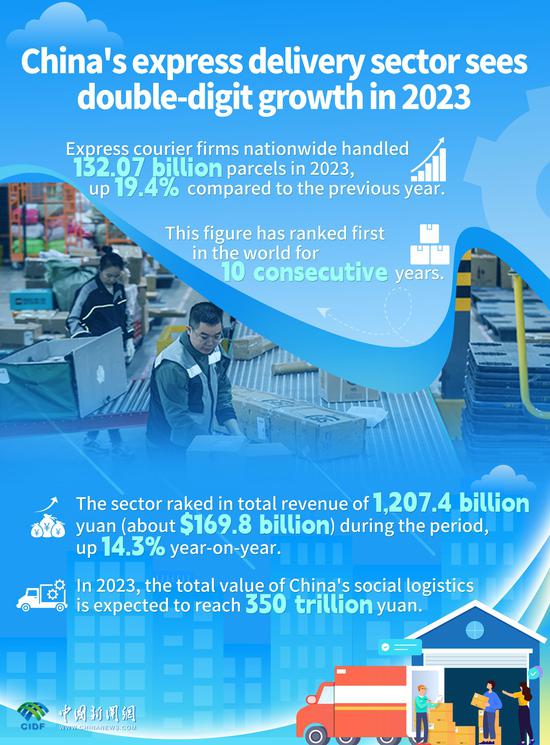









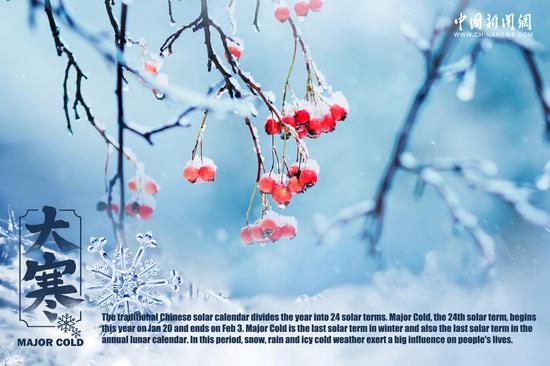
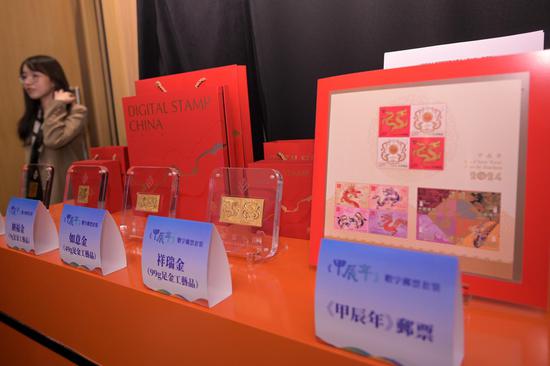

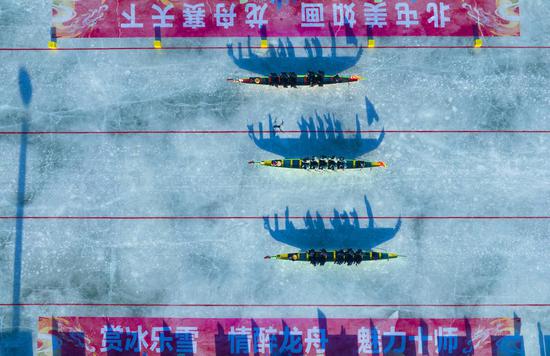


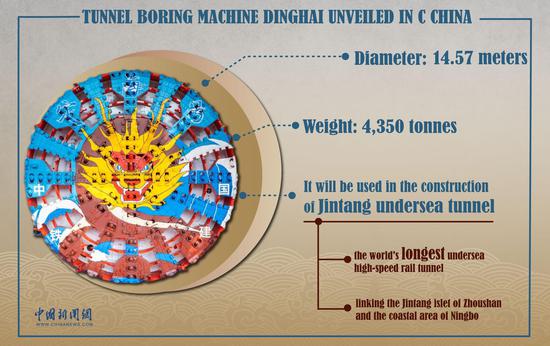





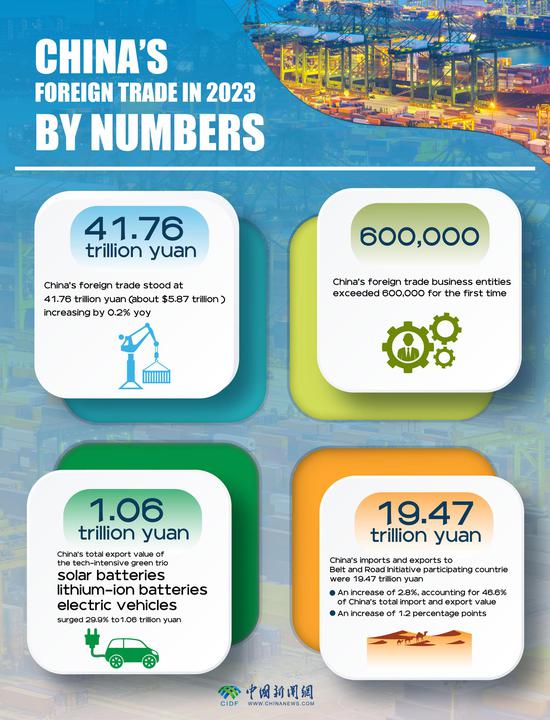









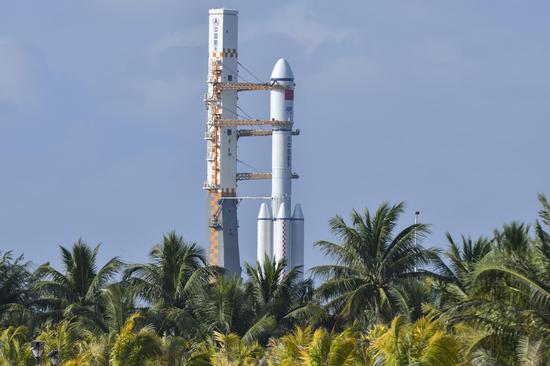

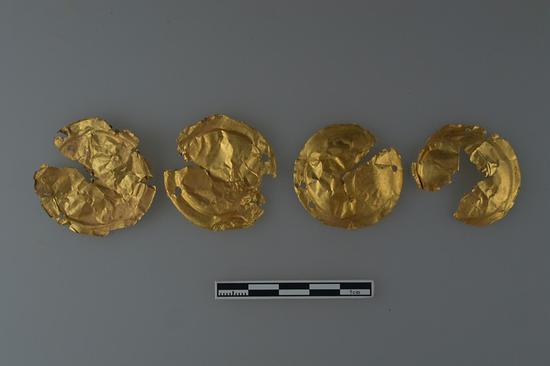







 京公網(wǎng)安備 11010202009201號(hào)
京公網(wǎng)安備 11010202009201號(hào)